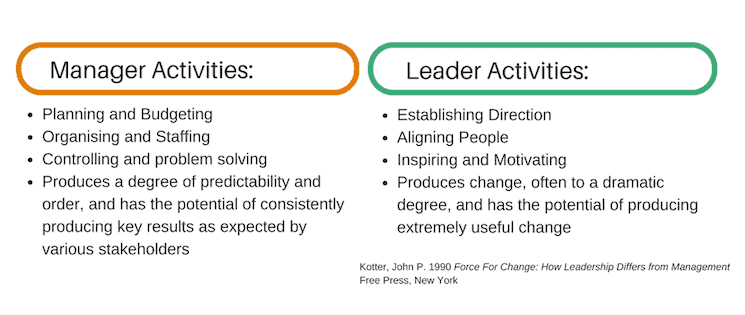After discussing hiring processes with friends of mine who work in IT Recruitment, I’ve noticed a common theme; hiring is quite often based on a candidate’s online profile, rather than taking a more holistic view. In such cases an assumption is made that a strong online profile is an indication of the passion a candidate has towards technology, and acts as a credibility score for their performance in a future role. And, assuming they can also answer the ‘tech’ questions in a face-to-face interview, why wouldn’t a company hire them?
SOUNDS GREAT FOR AN ORGANISATION, RIGHT?
For the purpose of this post let’s predict that such an employee, with high intel and a strong drive becomes a key, dependable member of the organisation. In due course they have the ability to climb the career ladder and at some stage become the Lead in a team of developers. A Lead that is very passionate about technology and their work (in fact that’s what mainly drives them). Seems great for a business, but what about the influence they may have on a team reporting to them?
When work is their main interest or motivation, we can often see Leads doing more than the required hours (and in theory being able to deliver more, in fewer days), and setting an expectation that this is the norm. So what happens to the rest of the team? Many may have interests outside the office and technology-related fields, so does their commitment come into question because they aren’t (and quite frankly don’t want to be) working a 50-60 hour week, even though their Lead does?
If a team feels obliged or pressured to do overtime and the organisation sees the benefit because of output (particularly those in a more archaic model of work performance), the Lead is likely to continue to receive praise and reinforcement of a ‘job well done’. And so a cycle begins and breeds a burn-out culture across teams.
STICKS VERSUS CARROTS
Much of this example is very similar to the age-old comparison between Management and Leadership (where the Lead assumes a role more in line with a Manager).
Instead of feeling encouraged and empowered, the team begins to feel micromanaged, stressed and defeated. An unhealthy environment is created, with no value placed on work-life balance. The end goal is no longer to deliver an outstanding product, but to try and keep the Lead happy. A team that has lost its motivation has also lost its capacity for inspiration and the zeal to innovate. That’s when the organisation loses its best people or the best people become disillusioned and everyday productivity suffers.
While it is obviously important to hire skilled, focussed people, a successful Leader (who will need to possess some management capabilities for process and delivery) is able to recognise that technical knowledge alone does not define a team – it is a set of minds with varied backgrounds and diverse interests. It is important to accept that not all great techies must only love technology.
A person who treats their team with empathy, respects this diversity and encourages interests outside the workplace creates an environment that promotes growth, improves performance and makes coming to work something team members looking forward to.
A true Leader will, rather than enforce a hierarchy, act as a collaborator who understands and accepts that each team member is an influencer in one way or the other. Here teams are confident and feel empowered – they are eager to learn and see their organisation grow and do well without needing to be ruled by an iron fist. Confident teams perform well and even if they fail, they bounce back quicker and higher because they feel supported to innovate without fear of repercussion.





